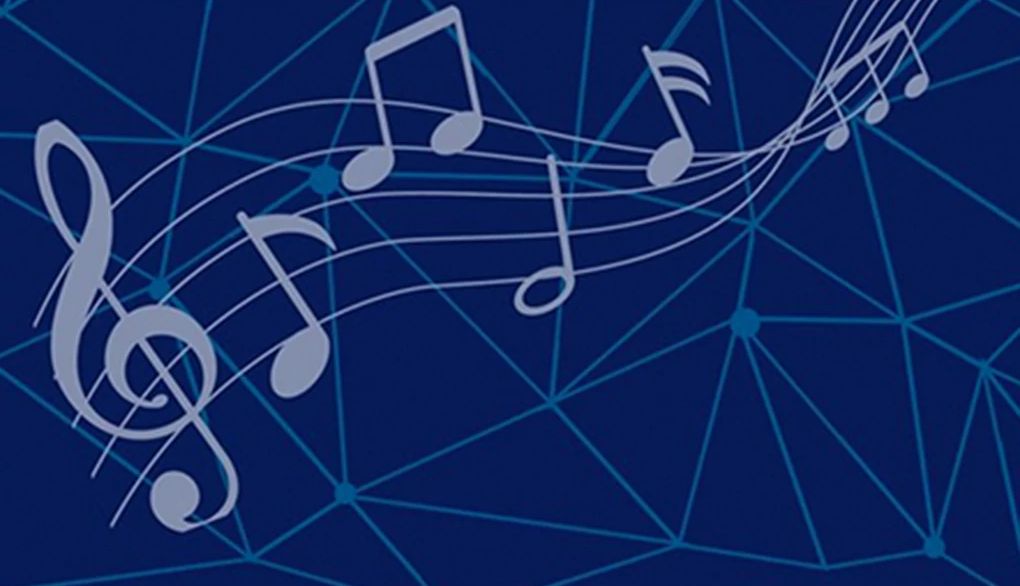

Turn up the radio. Sing a song. Dance around the room or pick up a guitar. Making and enjoying music can stimulate your brain, trigger memories and emotions, connect you with others and enrich your life, according to a report from AARP’s Global Council on Brain Health (GCBH).
How exactly does this happen? Music engages multiple parts of the brain and helps them work together, according to the GCBH report Music on Our Minds. It is based on a review of scientific literature by independent experts. But you don’t have to be a scientist to recognize music’s power to move your body or surface emotions, says GCBH member Jacobo Mintzer, a professor in the department of health studies at the Medical University of South Carolina.
“When we listen to a tune that has a positive emotional context for us, it automatically brings up memories associated with it,” he says. Even people with dementia respond to music from their past, according to the report.
“What we don’t know is if the music will stimulate memories not related to the music,” Mintzer says. “Will it also help me remember the list of what I need to get at the grocery store?” Research is ongoing.
- Tips on brain-friendly lifestyles
- Interactive challenges
- Articles on memory, focus and more
- Videos on stress, sleep and more
- Recipes and tips on nutrition


More From Music and Brain Health
Learning Music After Age 50
Never played or sang? Learning as an adult can stimulate your brain
How Dancing Can Strengthen Your Body and Mind
Research shows that dancing may help improve balance and quality of life
Essential Blues Songs
Whether it’s Howlin’ Wolf or Stevie Ray Vaughan, blues is musical medicine for the soul